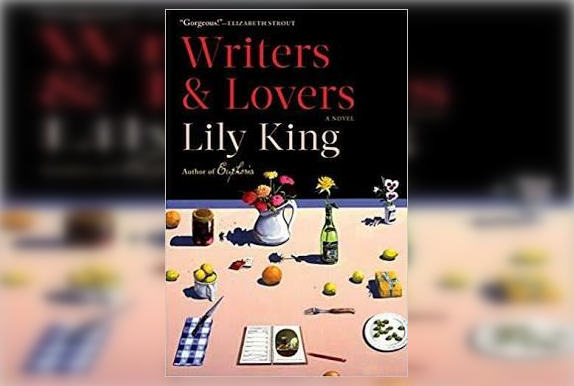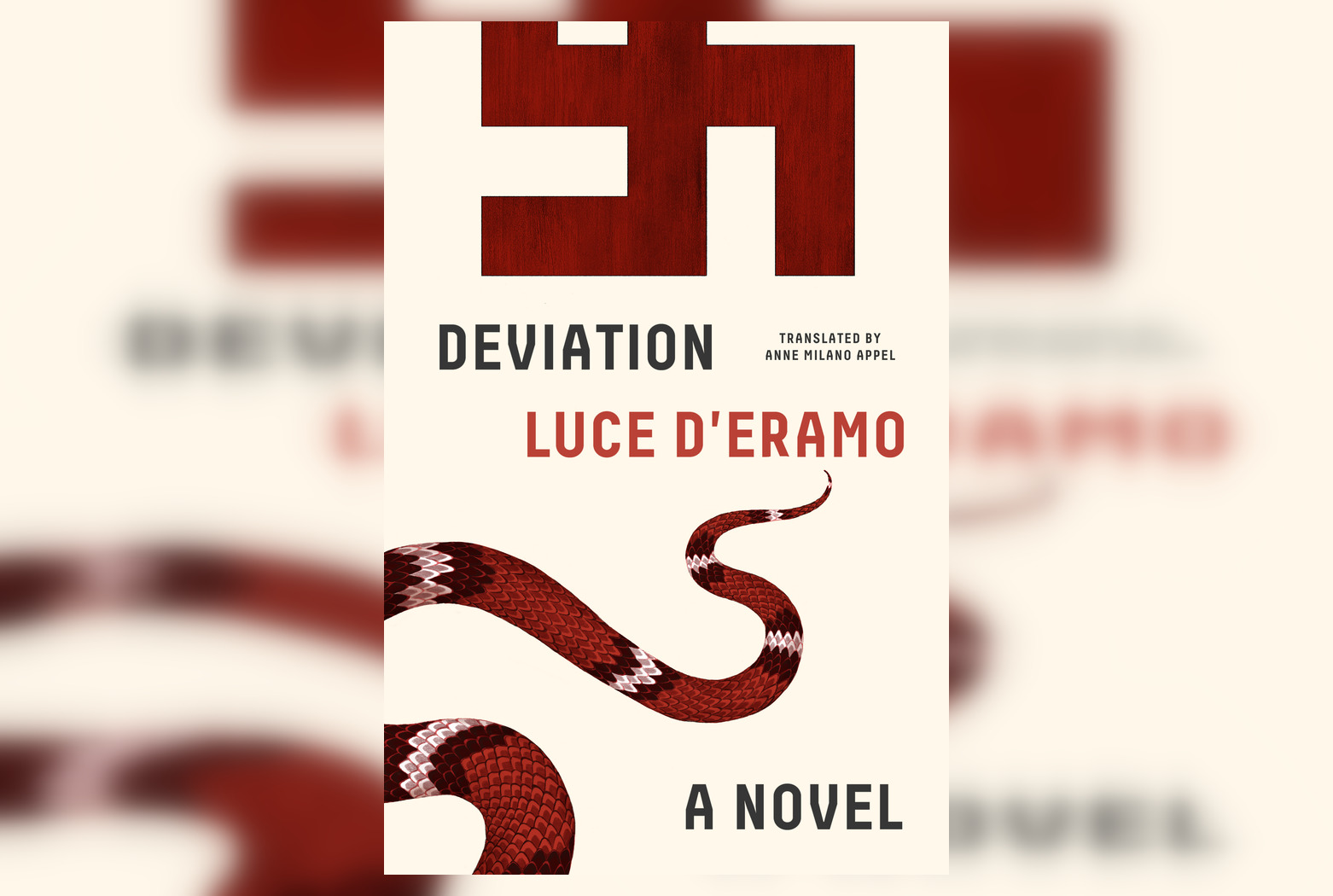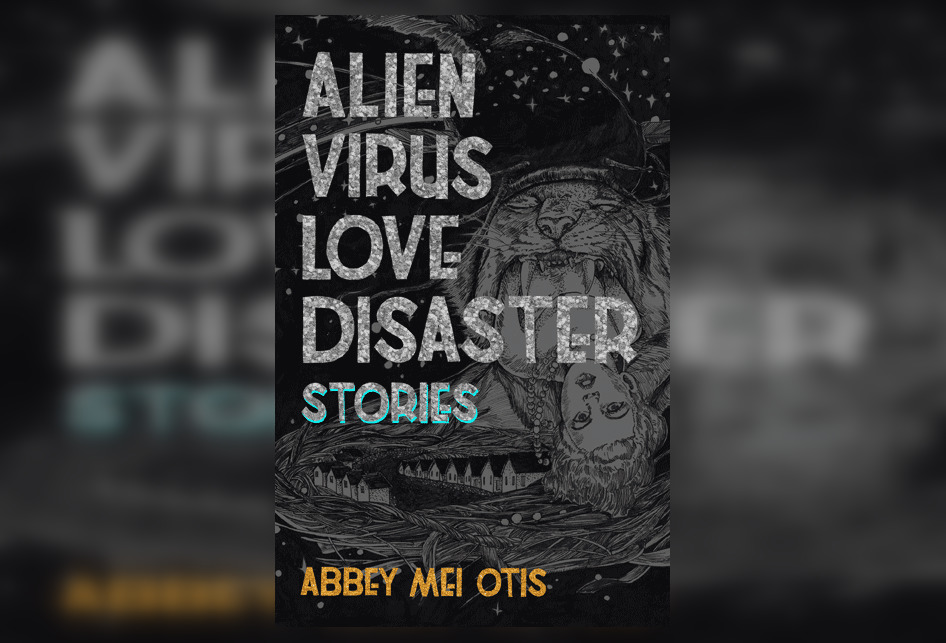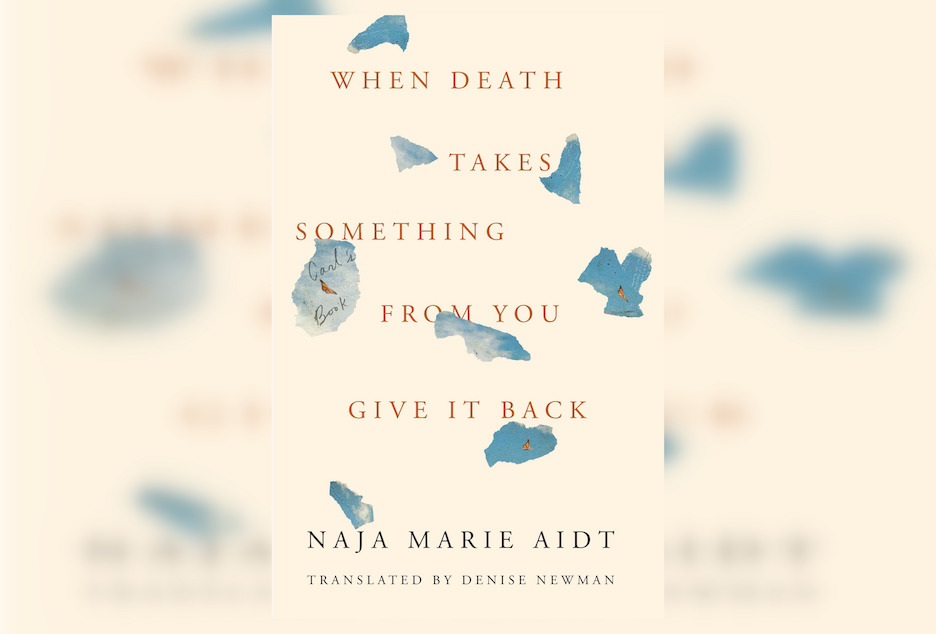“I can’t get my characters down the stairs,” says Lily King’s protagonist in Writers & Lovers, trying to convey her writer’s block. It is hard to believe the author herself has this problem, what with this being her fifth novel among award-winning successes (though like her character, Casey, it also seems she has been working on it for six years), but King certainly understands how the living of lives and the making of art can be in conflict with one another. It is a problem at the core of her latest work, one that is unafraid to be simultaneously humorous, intimate and insightful.
In the summer of 1997, Casey Peabody finds herself living in a ramshackle potting shed near Boston, waitressing in Harvard Square to get by as she struggles to write and sort out how to live a creative life as many of her friends have long given up the dream, opting instead for marriage and practicality. She is also mourning the sudden loss of her mother. Broke and a little broken, Casey finds herself in a moment of crisis when she simultaneously begins seeing two men: Oscar, a widower and novelist with two young sons; and Silas, a young writer from Oscar’s workshop. Health scares and debt collectors, agent queries and heart to hearts, King depicts it all in taking Casey down the path of a young creative shifting into a new phase of adulthood.
A joy of the novel is how fervently it throws the reader into the life of the writer and their community. We see the joys in being surrounded by writers, like how the particulars of a story they tell never seem to get lost. We also see the downfalls, such as their influence on one another. Casey somewhat jokingly says, “I can’t go out with a guy who’s written eleven and a half pages in three years. That kind of thing is contagious.” Joke aside, the way creative competition is portrayed generally feels accurate. King shows how Casey is both happy for those in her circle who receive success but also desperately trying to find it for herself.
“So many years since I’ve felt naturally good at something,” Casey admits, “good in an empirical, undeniable way that is not reliant on anyone’s opinion.” The trouble with writing, after all, is if no one else reads it, there is no way to be certain it is any good.
The world of the novel comes further to life through its rendering, from the minute details of the restaurant where Casey waits tables to the inner workings of her troubled mind. King is able to capture the particular kind of youth Casey is struggling with perfectly: one where she hasn’t lived anywhere with a dishwasher since high school, where she does not want to be infertile yet also does not want to be pregnant, where she walks past a college campus and still feels strange not being in school on a September night.
King clearly illustrates the turmoil of knowing you want something, and yet, not quite knowing how to make it happen—and for Casey, that feeling amounts to the worry you are running out of time. “I know you are drunk on youth and immortality,” a doctor tells her when she visits for a cancer scare, “but this is how you die.” The fear of dying without accomplishment feels almost worse than the feeling of dying in general. The role that mourning plays in the novel feels central to this fear, as Casey works through her mother’s sudden passing on a trip to Chile. Every time Casey feels some kind of breakthrough, it is immediately followed by the realization of what still is missing. King brings the reader so close to Casey that we feel her loss as one of our own.
In a well-deserved ending, however, this closeness helps us to enjoy Casey’s triumphs. “You don’t realize how much effort you’ve put into covering things up until you try to dig them out,” Casey says as she begins therapy. She also sees between “the idea and the reality” of relationships to discover what she truly wants in a partner. And just as she discovers that it becomes “so much easier to cry when there are arms around you,” finally relying on others, she also discovers her best outlet to security is indeed the thing she has long been wrestling with: her writing. “This has been my home, the place I could always retreat to,” Casey concludes. “The place I could sometimes even feel powerful… the place where I am most myself.”
“This is not nothing,” Casey comes to understand of everything happening around her. Like the feat of the novel itself, it is a message at once small yet also incredibly big. Writers & Lovers is like that, too—not a book tied up with an elaborate bow but rather a parcel knotted with a string, something ordinary yet exquisite in its representation of love and life.




